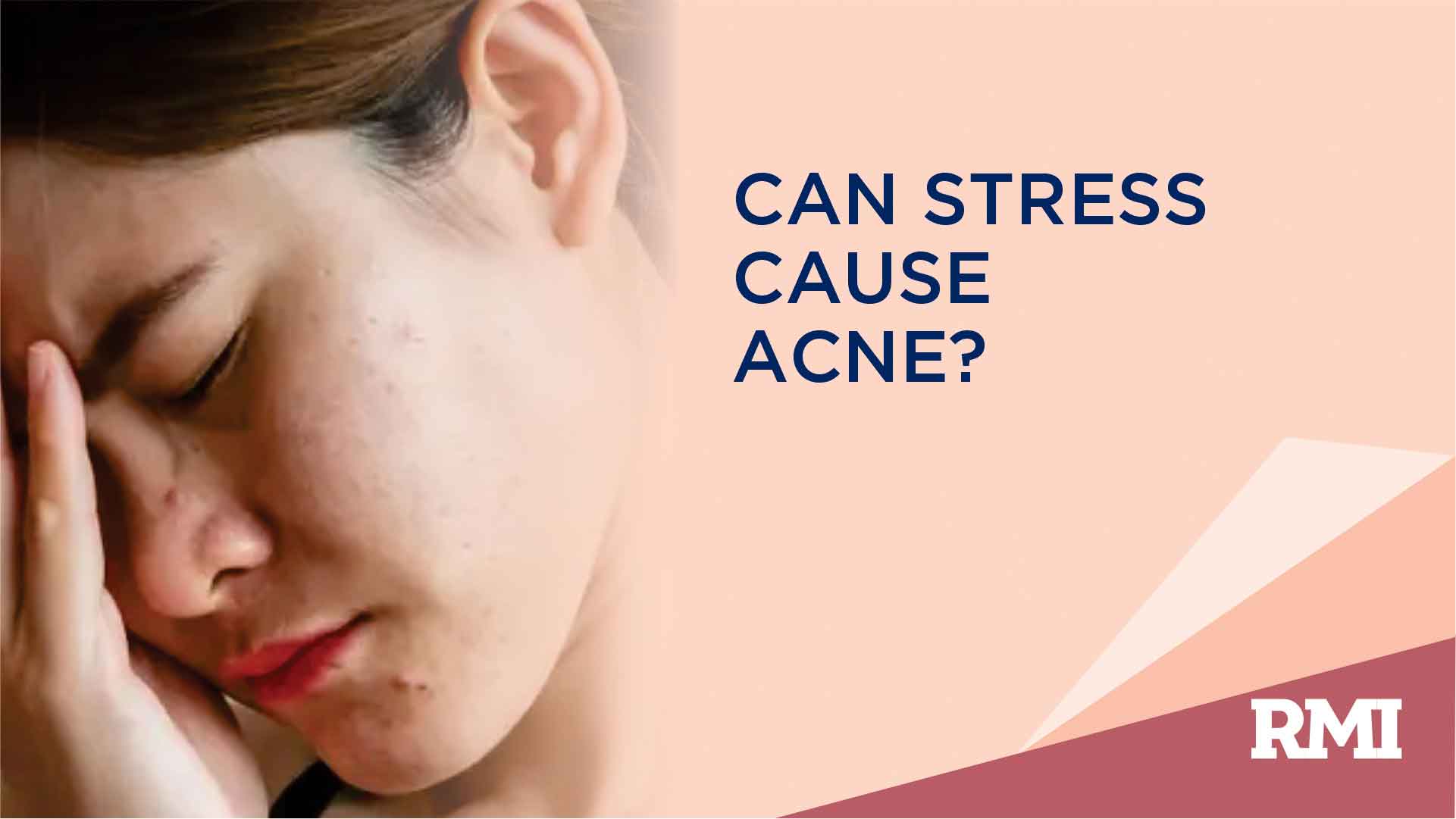Acne is a common skin condition. It is caused by a combination of factors, including genetics, hormones, and bacteria. While stress is not a direct cause of acne, it can certainly make it worse.
How Stress Affects Acne.
In recent years, scientific research has increasingly pointed to a significant link between stress and acne. Stress triggers the release of hormones like cortisol, which can stimulate the sebaceous glands in your skin to produce more oil. The excess oil, combined with dead skin cells, becomes a breeding ground for acne-causing bacteria. Additionally, stress can weaken your immune system, making you more susceptible to infections, including acne.
Here are some ways stress can affect your acne:
- Increased oil production: Cortisol, the stress hormone, can stimulate the sebaceous glands to produce more oil, which can clog pores and lead to breakouts.
- Inflammation: Stress can also trigger inflammation in the body, which can worsen acne.
- Poor sleep: When you’re stressed, you may not get enough sleep. This can disrupt your hormones and make your acne worse.
- Picking and squeezing: Stress can lead to anxiety and compulsive behaviors, such as picking and squeezing your skin. This can worsen acne and lead to scarring.
Tips for Managing Stress and Acne
If you are prone to acne, it’s important to find ways to manage stress. Here are a few tips:
- Exercise regularly: Exercise is a great way to reduce stress and improve your overall health.
- Get enough sleep: Aim for 7-8 hours of sleep each night.
- Practice relaxation techniques: Meditation, yoga, and deep breathing can help to reduce stress and anxiety.
- Maintain a healthy diet: Eating a healthy diet can help to improve your skin health.
- Use a gentle cleanser and moisturizer: Avoid harsh chemicals and products that can irritate your skin.
- See a dermatologist: If your acne is severe or doesn’t improve with self-care, see a dermatologist for treatment.
Conclusion
While stress doesn’t directly cause acne, it can certainly make it worse. By managing stress and taking good care of your skin, you can help to keep acne under control.
Additional Tips:
- Limit your caffeine intake. Caffeine can increase cortisol levels, which can worsen acne.
- Avoid alcohol. Alcohol can irritate the skin and make acne worse.
- Drink plenty of water. Staying hydrated helps to keep your skin healthy.
- Don’t smoke. Smoking can damage your skin and make acne worse.
By following these tips, you can help to reduce stress and improve your skin health.
Seeking Professional Support
When stress and acne become overwhelming, seeking professional guidance is a proactive step. Learn about dermatological treatments, skincare consultations, and therapies that can provide personalized solutions for stress-related skin issues.
Please note that this blog is for informational purposes only. It is not a substitute for professional medical advice. If you are concerned about your acne, please consult with RMI dermatologists. I hope this blog has helped you learn more about the relationship between stress and acne. If you have any questions, please feel free to comment below.

